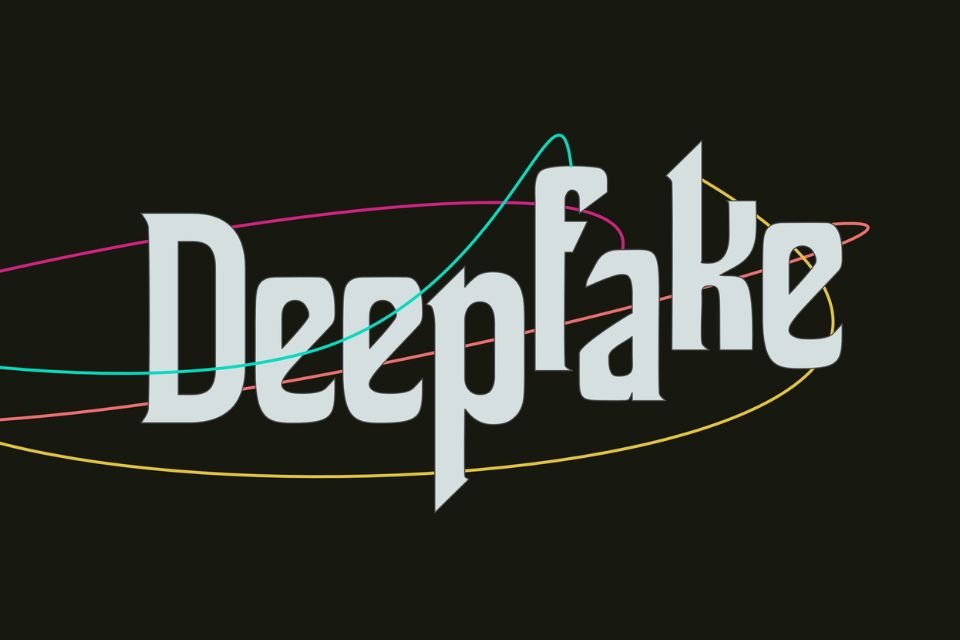As artificial intelligence (AI) progresses in its development, the political landscape faces increasingly complex challenges. One of the biggest hurdles that promises to impact the 2024 Elections is the misuse of deepfakes.
This term refers to an artificial intelligence technique that combines machine learning and image processing to create fake videos, audio, or images that look like the original.
Don’t just understand What are deepfakes and the ethical, social and political consequences of their use One of the best ways is for you, the voters, not to be fooled by misinformation.
Learn now how we can prepare to face the dangers of deepfakes in the 2024 Elections!
Why is Deepfake a threat to the 2024 Elections?
Deepfake technology has raised concerns around the world. Potential to distort truth and manipulate public opinionIt poses a serious threat to the integrity of the democratic process.
The importance of this issue is proven by events such as South by Southwest (SXSW), one of the largest innovation festivals in the world. SXSW 2024 will bring together artificial intelligence experts to discuss ways to detect and mitigate the negative impacts of deepfakes on society and business.
Experts warn in Brazil The use of deepfakes may be repeated more frequently in 2024 than in the 2022 electionsWhen Lula and Jair Bolsonaro were presidential candidates.
Here are some reasons why deepfake can be considered a specific threat for the 2024 elections.
1. Candidate manipulation
Deepfakes can be used to create fake videos of political candidates saying things they never said or taking compromising actions. This can influence the public’s perception of the candidates and impact the election outcome.
2. Spread of fake news
Doctored videos can be shared on social media and other media platforms, spreading fake news and confusing voters about proven facts.
3. Mass misinformation
With the widespread use of deepfakes, voters may have difficulty distinguishing between real and fake content. This can lead to widespread distrust Regarding information, It makes it easier for malicious groups to mass spread polarized ideas.
4. Impact on election integrity
Voter exposure to deepfakes that portray candidates in a negative light or spread misinformation about the electoral process can undermine confidence in elections and the integrity of the democratic system as a whole.
After all, is creating deepfakes a crime?
Use of deepfakes, regardless of the manipulated content, may constitute different types of crimesespecially relating to honor, such as slander, slander or insult.
The creation and dissemination of deepfakes can result in imprisonment and fines, depending on the specific circumstances of each case.
The spread of deepfakes in the election arena can be considered an electoral crime. During the Hearing Cycle on the 2024 Elections sponsored by the Supreme Electoral Tribunal (TSE), organizations affiliated with internet and artificial intelligence platforms discussed the potential use of deepfakes during the election.

In response to these concerns, Changes to election rules are being discussed To prevent the spread of deepfakes. Among the changes examined by TSE, the following stand out:
- The obligation to clearly state that the content produced or modified is used for any electioneering purposes, as well as the need to disclose what technology was used to create or modify the content;
- Failure to comply with these standards may result in the arrest or fine of anyone who produces, presents or sells videos with untrue content about parties or candidates;
- Prohibiting the publication of manufactured or modified content containing information known to be inaccurate or seriously out of context, which has the potential to undermine the balance of the election or the integrity of the electoral process;
- Internet application providers are also responsible for taking measures to prevent or reduce the circulation of illegal content that affects the integrity of the electoral process.
Recently we also One of the first deepfake cases to resonate with the Electoral Court. The Regional Electoral Court of Paraná has ordered WhatsApp owner Meta to prevent the sharing of a recording containing false statements attributed to the primary candidate for mayor of Maringá.
Incidents like this were also detected in Amazonas, Rio Grande do Sul and Sergipe, highlighting the urgency of effective measures to combat the spread of deepfakes and protect the electoral process.
How to protect yourself from deepfakes and control fake news?
Protecting yourself from the dangers presented by the use of deepfakes requires caution and knowledge of the techniques used to create this manipulated content.
According to Bruno Sartori, a journalist specializing in deepfakes, technological advances in artificial intelligence have contributed to the improvement of these fakes, making them increasingly believable and difficult to detect.
But even in the face of this evolution, there are still some problems. Valuable tips that can help identify deepfakes. To discover:
- Watch out for unusual lighting, shadows and reflections;
- Be suspicious when there is no lip-syncing to the voice;
- See if your skin tone and ear shape match the inside of your face;
- During video calls, ask the person to pass their hand in front of their face. If the appearance of the face is distorted, it is fake;
- When receiving audio, pay attention to the naturalness of the speech, the presence of accents, robotic and distorted sounds.
It is very important to keep in mind that these tips may not be completely effective, depending on the context in which they were created and the complexity of the techniques used. Constant vigilance and skepticism are key to dealing with the challenges presented by deepfakes and preventing the spread of misinformation.
Did you find the content enlightening? So pay attention to this TecMundo Staying up to date on technology, markets, science and entertainment. To the next one!
Source: Tec Mundo
I am a passionate and hardworking journalist with an eye for detail. I specialize in the field of news reporting, and have been writing for Gadget Onus, a renowned online news site, since 2019. As the author of their Hot News section, I’m proud to be at the forefront of today’s headlines and current affairs.










